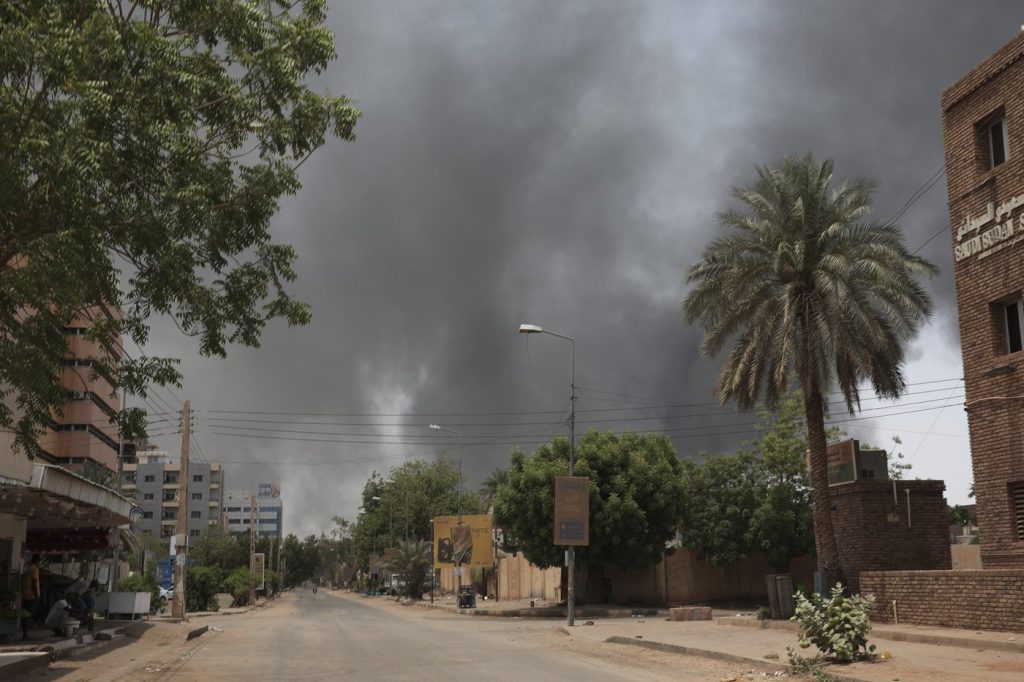The top United Nations court, the International Court of Justice (ICJ), is set to make a ruling on Monday regarding Sudan's request for emergency measures against the United Arab Emirates (UAE). This case centers on allegations that the UAE has breached the 1948 Genocide Convention by providing arms and funding to the Rapid Support Forces (RSF), a rebel paramilitary group involved in Sudan's ongoing conflict.
In March 2023, Sudan submitted a formal request to the ICJ for several provisional measures. These measures include an order requiring the UAE to take necessary steps to prevent killings and other crimes against the Masalit people, who have been significantly impacted by the violence in the region. This request comes amidst escalating tensions and hostilities that have engulfed Sudan since mid-April 2023, when rival military and paramilitary factions clashed in the capital city of Khartoum, leading to widespread violence and humanitarian crises.
The UAE responded to Sudan's filing by dismissing it as a mere publicity stunt. In a hearing held the previous month, UAE officials asserted that the court lacked jurisdiction over the matter. Reem Ketait, a senior official from the UAE's Ministry of Foreign Affairs, stated that the case was "baseless both legally and factually," arguing that the UAE is not involved in the war. She characterized the legal action as an attempt by the Sudanese Armed Forces to deflect attention from its own responsibilities in the conflict.
Notably, both Sudan and the UAE are signatories to the 1948 Genocide Convention, which establishes a framework for preventing and punishing acts of genocide. However, the UAE has an opt-out clause regarding certain obligations under the treaty, which legal experts believe complicates Sudan's ability to advance its case effectively at the ICJ.
Since the conflict began, numerous accusations of human rights violations have surfaced against both the RSF and Sudan's military forces. The fighting has led to significant humanitarian issues, with thousands displaced and in urgent need of assistance. Reports indicate that the RSF, which has received backing from the UAE, has been involved in numerous abuses against civilians, particularly targeting ethnic groups such as the Masalit.
The UAE, which is a federation of seven sheikhdoms located on the Arabian Peninsula and is known to be a U.S. ally, has consistently denied allegations of supplying arms to the RSF. Despite this, various reports and evidence have suggested a persistent link between the UAE and the RSF, raising concerns about the role of foreign powers in fueling the conflict in Sudan.
The impending ruling from the ICJ on Monday could have significant implications for the situation in Sudan and the broader geopolitical landscape in the region. The outcome will be closely monitored, especially in light of the ongoing humanitarian crisis and the international community's efforts to address the violence and support conflict resolution.











